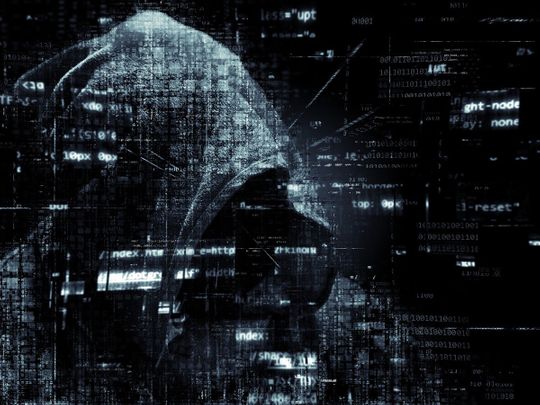
Last week, the internet broke. Early Tuesday morning, a number of US and UK websites went offline due to a major outage at a service provider called Fastly. There were ‘503’ errors on practically every webpage, with people complaining they could not see certain high-traffic websites, including Amazon, The Guardian, and Reddit. The scary thing is – the outage was triggered when one Fastly customer pressed a button.
Click start to play today’s technology themed Word Search, which has us thinking about how fragile the internet can be.
The outage was short-lived, and Fastly clarified the reason for the incident, stating that a bug in their software was triggered when one of their customers changed their settings. But the outage raises alarms about risks to companies’ digital infrastructure.
In the age of remote working and cloud storage, cybersecurity has never been more important. According to Cybint, a US-based cyber education company, since the COVID-19 pandemic began, the US Federal Bureau of Investigation (FBI) has reported a 300 per cent increase in reported cybercrimes. Hackers took advantage of weak and vulnerable networks set up by businesses as they tried to facilitate remote access for employees during the pandemic’s peak.
Pandemic aside, Cybint reports that 95 per cent of cybersecurity breaches are caused by human error, which is why educating employees about unsafe entry points like phishing, whaling, and malware, is important.
And people working in certain industries have to be even more careful. In 2016, 95 per cent of breached records came from only three industries – government, retail and technology. These industries are popular targets because of the high level of personal identifying information contained in their records.
In 2017, the University of Maryland Clark School’s Center for Risk and Reliability and Institute for Systems Research, in the US, conducted a study to quantify how often consumers are subjected to hacking attempts, and found that there is a hacker attack every 39 seconds in the US. And if people use non-secure usernames or passwords, the chance of success at infiltration is much higher.
As more of us spend more time online, we lose sight of the risks we take when we upload our pictures to cloud storage, share work files and reports over remote networks, or shop and subscribe to various services. Educating ourselves and ensuring our passwords are tough to crack is the least we can do to ensure we are safe on the internet.
How concerned are you about cybersafety? Play today’s Word Search and tell us at games@gulfnews.com.








